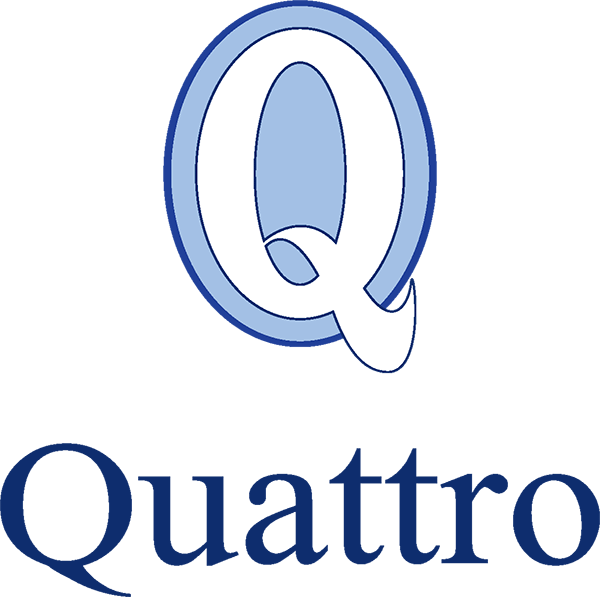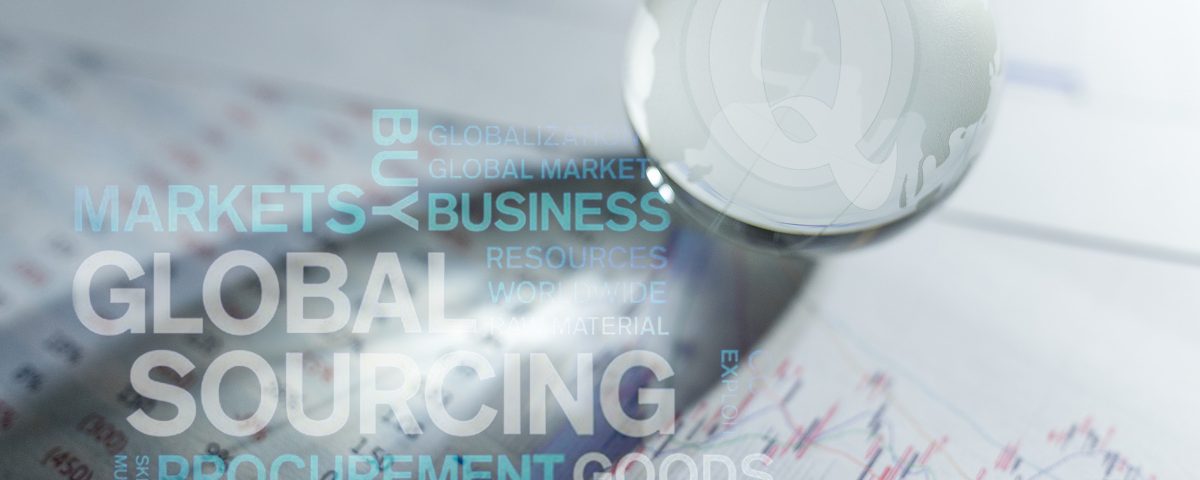
Local is Lekker! Time to travel SA but don’t forget these 5 things
September 8, 2022
How Quattro Views The World – June 2023 Market Update
July 11, 2023Red was the colour of the month, as global financial markets across the board experienced a tough month. Most major equity indices fell, and core bond markets lost ground as yields drifted higher. Global shares fell in May, in US dollar terms. “Sell in May and go away.” This adage relating to the seasonal stock market pattern seemed to hold true. However, there was a marked difference between sectors, as enthusiasm over AI (Artificial Intelligence) boosted technology stocks.
In the US, investors were cautious about equities in the face of high valuations and uncertainty surrounding the debt ceiling. The positive news is that a deal was agreed on the final weekend of the month to raise the country’s borrowing limit. The Federal Reserve enacted another rate rise of 25 basis points due to the less rampant but continued rise in inflation. Searching for green shoots, there was a slight, but significant adjustment to messaging. The central bank expressed uncertainty in its May meeting about future policy tightening and the need to retain flexibility. This may indicate that interest rates will hold steady.
Eurozone shares were weaker in May after a reasonably positive 2023. The MSCI EMU index returned -2.5%. All sectors fell aside from information technology which was boosted by semiconductor stocks. This was in the wake of higher-than-expected sales projections from some US chipmaker peers, which helped demonstrate the growth potential stemming from AI. This is certainly a theme worth watching. Quattro Finance Group – Foundation Fund Managers and their investors certainly benefitted from holding Nvidia shares, a leader in AI chips. On May 30th, Nvidia CEO, Jensen Huang, announced new systems and services for generative AI. The inflation theme continued in the U.K when the Bank of England (BoE) announced a 12th consecutive rise in the base rate, hiking 25 basis points, to 4.5%. The bank also upwardly revised its growth and inflation forecasts, shortly after which the Office for National Statistics (ONS) confirmed that the UK economy grew by 0.1% in Q1 2023. This data further supported the view that the UK economy would avoid a recession this year.
Hong Kong was the weakest index market in May, closely followed by China, as the investor optimism seen earlier in the year following the reopening of China’s economy after the Covid-19 crisis faded. In China, the economic recovery has been weaker than analysts had expected.
Emerging market (EM) equities underperformed the MSCI World Index in May. Within EM, South Africa was the weakest market, posting a double-digit loss in US dollars. Allegations that the country sold arms to Russia, the worsening energy crisis, and the rand’s slide to an all-time low against the US dollar weighed heavily on the market. Poor sentiment towards South Africa hammered the property sector and inflation linked bonds, while nominal bonds experienced their fourth worst month in over 22 years. Local equities came under pressure, and the financial sector saw steep outflows with the rand sell-off. Although the SARB hiked rates by 50bp, the economic outlook brought the rand to record lows against major global currencies

